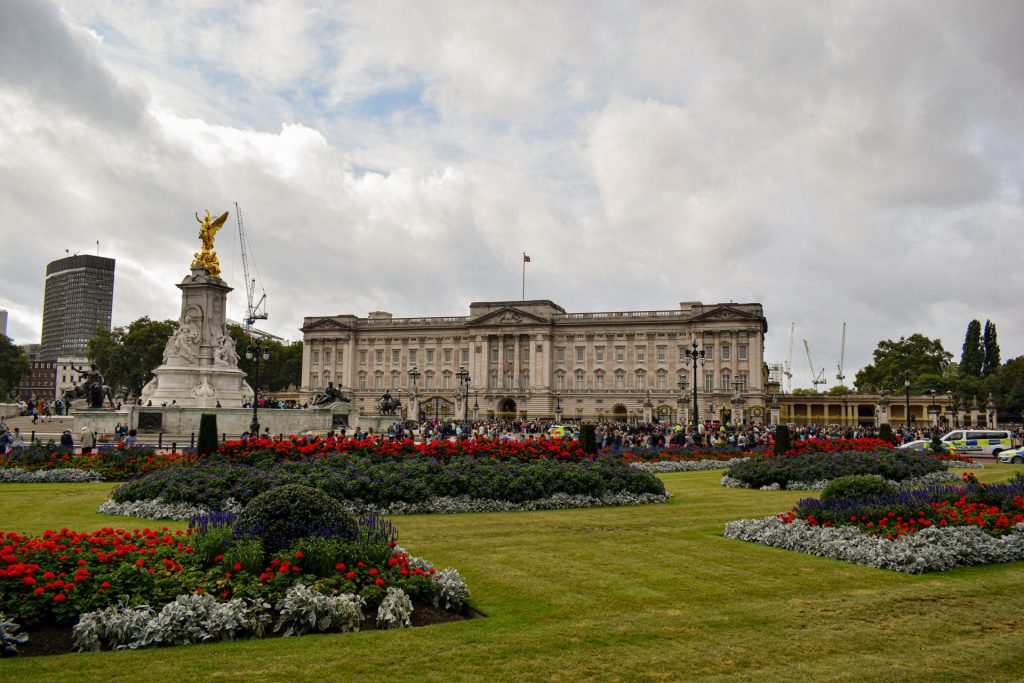
The Queen’s Award for Enterprise is a huge staple for many large enterprise businesses and rests amongst the highest echelons of prestige; and what’s more, the deadline is looming. To those Bromley-based businesses of large enterprise or start-up scale who are in the process of applying for this award or are just about to do so, this article will go over a few relevant details while highlighting the criteria required to engineer an application that is the most likely to succeed.
First of all, it must be stressed how much attention a business owner should give to an application such as this, because applying for the Queen’s Award for Enterprise is intensive and takes a long time, and this rings true to a much larger extent than with the vast majority of UK business awards. When a business owner applies for London business awards, although they might find that it takes a considerable amount of time to complete, this process truly pales in comparison to that of the Queen’s Award For Enterprise, which could take upwards of a hundred hours, depending on which category the business owner wishes to apply for. Hard, consistent evidence must be matched up to the criteria that are mandatory for all of the categories, and as a result of this, business owners must be more than thorough, have laser focus, and follow the rules as closely and as specifically as possible. This is especially true for a London-based business because one thing they will certainly want to do is stand out in this field. With that said, we will take a look at the four award categories and discuss how to effectively target them.
In all of the award categories, a certain amount of statistical criteria are mandatory and must be proven, and a business owner must make sure there is no discrepancy in the data they submit in their application, i.e it all checks out, and holds true to facts. A business owner must remember that the narrative they weave throughout their application needs to be factual, as this holds much more weight to the awarding bodies. Because as important as depth is, the story of the business has a much stronger spine when its bones are made out of cold hard facts.

Firstly is the category of Innovation, and in this case the award is likely to be won by a business who has excelled in product innovation. If a business owner has a new and innovative product, and that product can be proven to have been successfully on the market for a minimum of two years, then this is their best bet. Further to this, In previous years, product innovation has been the cornerstone of this category, however in more recent times service innovation has become just as accepted as the former, and it is just as likely to win. For a business who wishes to showcase a great service that has succeeded in the market for that two year minimum, then here is their chance to do so.
Another category is sustainable development. With this bracket, the business must prove that sustainable development has been attained and furthermore, maintained for a period of a minimum of two years. The positive results of the business’s development decisions must also be evidenced. These positive results could be viewed through a financial lens.
Ten there is promoting opportunity through social mobility. This one goes to the companies who have implemented systems into their work frame specifically to aid the people from backgrounds considered disadvantageous. To apply for this bracket a business owner must have a scheme integrated into their business that helps people from disadvantaged social frameworks to progress and become socially mobile. The aforementioned scheme must then be evidenced, but what also must be proven is that the company has made financial gains from the implementation of their scheme. Again, the programme must have been running for a minimum of two years for a business to be eligible to apply for this award category.
The final bracket is international trade, and the criteria required is more specific in this case. This category is relevant to companies who are thriving in a big way in overseas sales; that said, the company must have made £100,000 in overseas sales in their first year of entry, and they must also prove that their company has grown on an annual basis. It is reported that the vast majority of the winners of last year’s Queen’s Award for Enterprise won in this category.
The application process has four main sections; the main entry form, the financial form, the declaration of corporate responsibility, and finally, the signed endorsements from the company’s accountants. The main entry form will be full of big empty boxes for the business owner to fill out, and it is important for them to remember to maintain the level of proven assertiveness, i.e not just making the outlandish claims about what a guru their business is, but proving this with statistics. This part of the process takes a long time and the answer boxes range in word counts from 5,200 words to 7,300. The declaration of corporate responsibility is one of the most important parts of the application, as it is impossible for a company to win an award without the ability to show corporate responsibility. Finally, the signed endorsement from accountants is only for companies who are shortlisted for the award, but when it is filled out, must be checked and double-checked for complete accuracy. If incorrect information is submitted, then the application will slip from the winning pile.
Ultimately, as with all awards, the application must sell the company as a leading guru in its industry as well as be statistically accurate. The criteria of this award may be specific, the evidence required to gather to apply to it largely, but the company is the most likely to win the award if their application fits the minutiae as specified in the criteria. Further to this, previous years have seen a diverse range of businesses win the awards, from large scale to start-up businesses, and in 2022, anything is possible.



